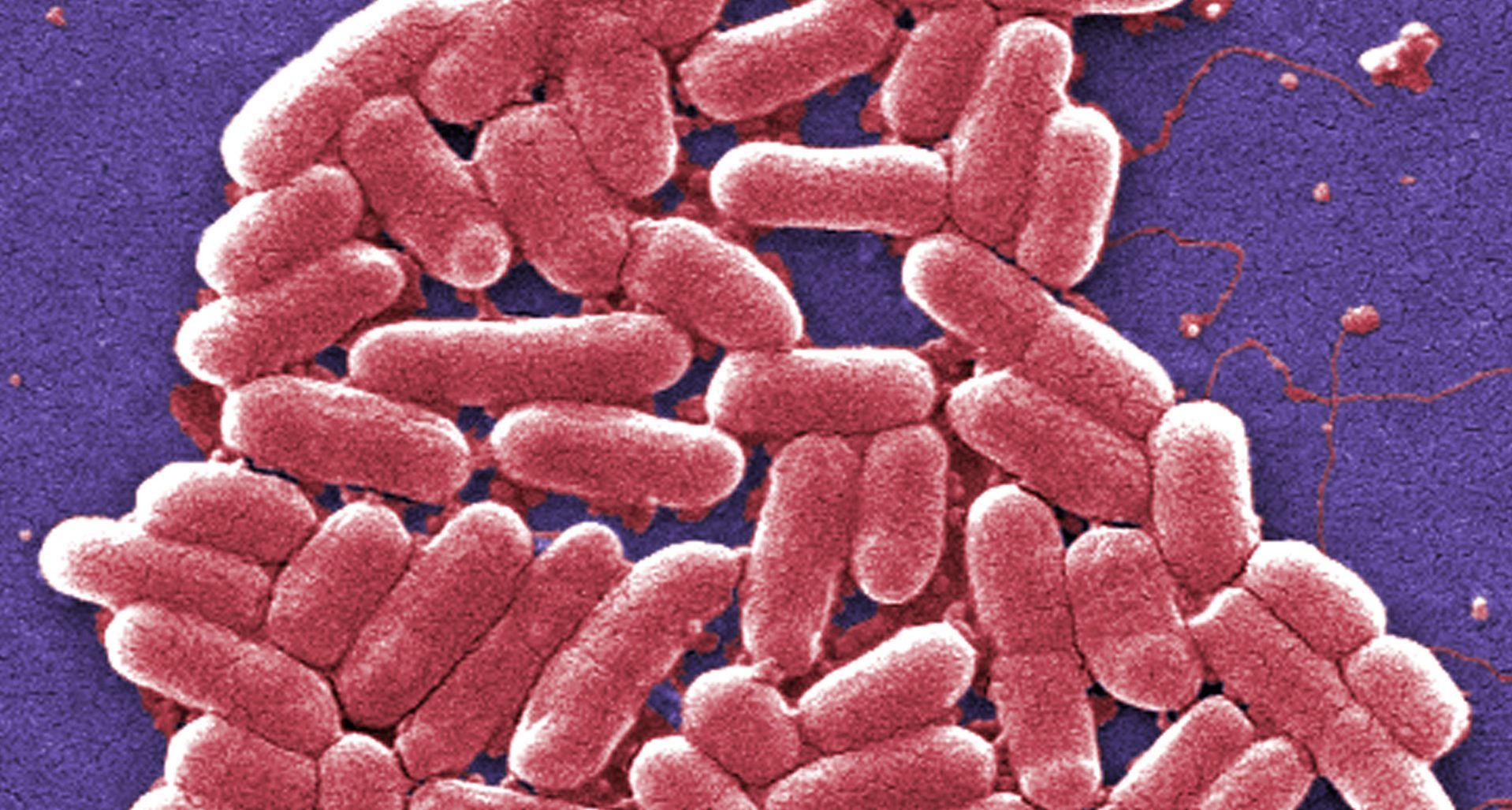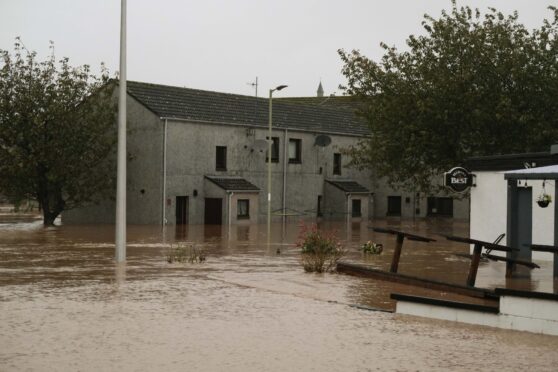A possible link has been identified between an Angus E. coli O157 infection and a national outbreak which has claimed the life of a child.
As a Carnoustie three-year-old battles for her life in a Glasgow hospital, the Incident Management Team (IMT) established to investigate a national outbreak of E. coli O157 associated with Dunsyre Blue cheese said two further confirmed cases with the same outbreak strain have been identified.
They bring the total to 22 confirmed cases linked to the outbreak. A three-year-old who was among 20 confirmed cases of infection detected in July subsequently died.
The development comes amidst growing anger locally over the handling of the Angus situation, which has led to the voluntary closure of a local playgroup and a special helpline being set up.
The IMT investigation has identified a blue cheese as the “most likely cause of the outbreak” and the head of the team said it is possible Angus cases may be linked to the national situation.
Chair of the IMT, Dr Alison Smith-Palmer said: “Our epidemiological investigations have identified Dunsyre Blue cheese as the most likely cause of the outbreak.
“To date, the IMT has established that 19 of the 22 confirmed cases had eaten blue cheese prior to becoming ill. Of these, 15 are known to have eaten Dunsyre Blue while others cannot be certain about the brand of blue cheese they have consumed. Investigations are ongoing on the other cases.
“During investigations of this nature, the organism causing the outbreak is not always identified from the implicated food as the food consumed by cases is often not available for testing as illness can occur weeks after the food has been eaten.
“In addition, not all those who have eaten an implicated product will become ill because the organism is not always evenly distributed throughout the product.
“The IMT has considered all the information available to them, and continue to be of the view that Dunsyre Blue remains the most likely cause of the outbreak.
Food Standards Scotland has issued a food safety alert to withdraw all cheeses produced by the makers Errington Cheese Ltd.
The chair added: “NHS Tayside Health Protection Team and Angus Council are currently investigating cases of E. coli O157 infection affecting a small number of children in the Angus area.
“The IMT are in contact with those managing this investigation and initial information suggests that there may be a link to the national outbreak and investigations are ongoing.
The multi-agency IMT includes representatives of Food Standards Scotland, NHS boards and local authority environmental health teams and is chaired by Health Protection Scotland.”
Meanwhile, leading authority Professor Hugh Pennington, emeritus professor of bacteriology at the University of Aberdeen, questioned the proportionality of Food Standards Scotland’s response.
He said there is a “real possibility” the organisation was “overinterpreting scientific evidence”.
“How dangerous are these cheeses and have they gone too far in saying none of these cheeses can now be sold?” he said.










